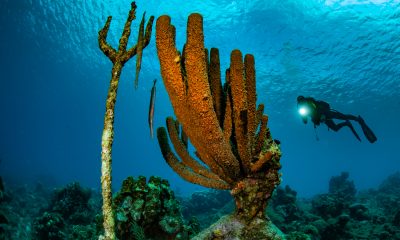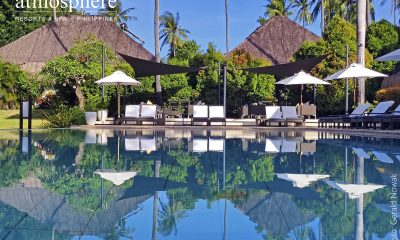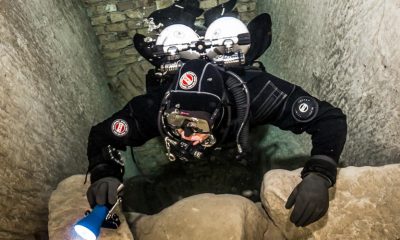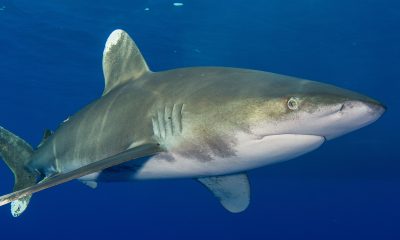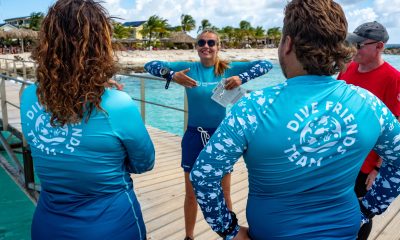News
Earth Day 2016: Cayman’s Next Generation Focuses on Sustainability
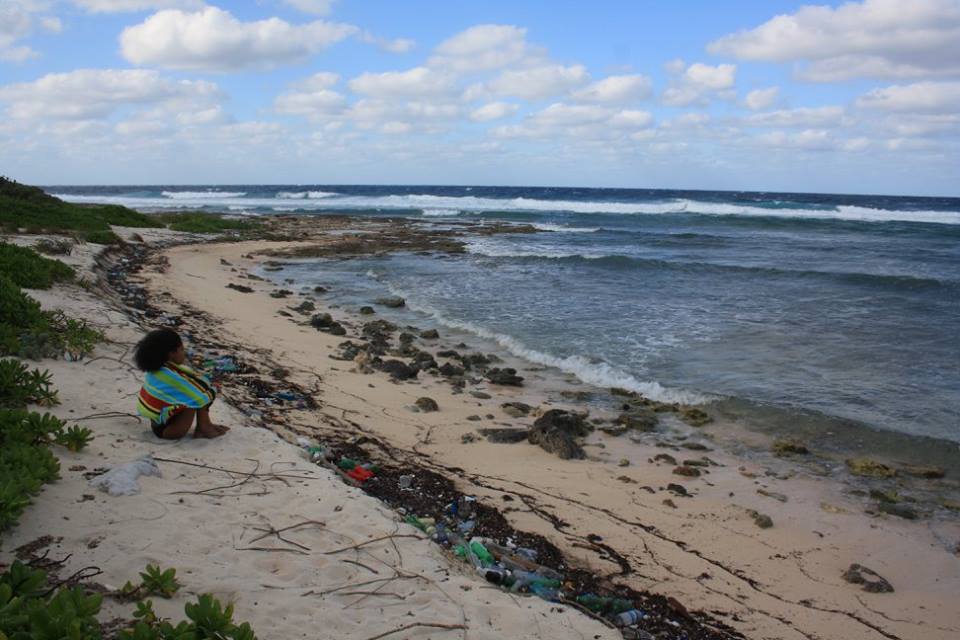
Under the mentorship of Cayman’s dive operators, young Caymanians are motivated to protect the environment every day
As Earth Day activities are being planned in the Cayman Islands, 24-year-old Gabriella Hernandez is involved in meetings with the Cayman Islands Department of Environment, the National Trust of the Cayman Islands and other organizations. An active member of Save Cayman, a non-profit geared to sustainable tourism, Hernandez is advocating for focus on protecting Cayman’s reefs and teaching students about sustainability.
“I try to be involved with local initiatives and I work with other people and groups to advance sustainability − volunteering, speaking with students, writing educational and critical pieces, blogging, organizing events, taking part in community initiatives and sitting on the charity board at my company,” she says. “I studied law and am doing my masters in public policy and management so I can approach problems from an informed position. There are options for people to get involved and effect even a small amount of change in their every day lives.”
Hernandez is part of a core group of young Caymanians and island residents focused on sustainability, and Save Cayman (www.SaveCayman.org) has given them a platform. A grassroots organization, Save Cayman sprang up in protest to a government approved cruise berthing facility in George Town, but its broader mission is sustainable tourism.
“These young Caymanians have helped organize events, provided energy for the cause, and have helped get the message out via social media,” said Keith Sahm, General Manager of Sunset House and one of the founders of Save Cayman. “They need to be involved – it’s their future at stake.”
Cayman’s dive operators make it a priority to work with local schools throughout the year on programs aimed at educating students about conservation.
“We try to expose kids to the marine environment every chance we get to show them what’s underneath the water, so they can learn to appreciate it,” says Red Sail Sports Operations Manager Rod McDowall. “As they say ‘out of sight out of mind’ so we try to remedy that by taking kids out on our Catamarans and dive boats as often as we can to get them in the water.”
“We especially need young people as they seem to understand that ecosystems are quite literally the life-support systems that enable humanity to thrive (fresh air, clean water, pollination of crops etc.),” said Alistair Yeomans, who is an advisor to Save Cayman.
“This is in part due to advances in school curricula (certainly in the UK) embracing the concept of sustainability.”
Yeomans works for an environmental organization and is a research associate at the University of Oxford with a strong interest in evidence-based policy making and environmental governance. He got involved after hearing about the proposed berthing facility prepared documents for Save Cayman. Yeomans says humans view the world in two ways: (1) humans are superior to all other species and Earth provides unlimited resources for humans (2) humans represent one among many species on Earth; that human activities are determined by the environment as well as by social and cultural factors, and that humans are strongly dependent upon the environment and its resources.
“The first is old school thinking and clearly not the case − many politicians and corporations still view the world through this lens,” he says. “I believe young people are more likely to get the second view as it is logical and time dictates that the consequences of short-term unsustainable actions can negatively effect people in the long-term. There are many examples the most prominent global issue being climate change.”
This message is loud and clear to the young people carrying the Save Cayman banner into 2016, and as they watch other island nations balance economic diversification with responsible usage of limited natural resources.
“In the Pacific there are island chains focusing on a ‘Green and Blue’ economic model, in which sustainable utilization of aquatic resources are ensuring their population’s economic well being,” says Rory McDonough, another young Caymanian involved in sustainability. “The Seychelles serve as an example of such a drive, with stringent marine controls and a commitment to the preservation of the marine life in their waters.”
McDonough says communication with other island nations, including Cayman’s Caribbean neighbors, and sharing research that can be used to educate the next generation will strengthen Cayman in the future.
“Increased community involvement in local food production and domestic renewable energy production will enable avenues for Caymanian employment to be opened as well as a national reduction of reliance on imported food supplies and fossil fuels,” he said.
“I believe that Cayman will have no choice but to embrace sustainability,” says Gabriella Hernandez. “We need a vision and to develop a national plan in which government officials are obliged to commit regardless of their party affiliations. A serious commitment to renewable energy, intelligent land use, increased protections for our natural resources, and a heavier investment in education so that young Caymanians can compete in a diversified and globalized economy.”
Hernandez and McDonough both say government needs to take a more active role in sustainability, and that without collaboration on all fronts, Cayman will fail to ensure that present and future generations can create a living in their homeland.
“Cayman is a small place and community willpower is a powerful force for change,” says Gabriella.
Blogs
TRAVEL BLOG: Jeff Goodman Dives SOMABAY, Part 3

Today we are diving one of the outer reefs from an inflatable. As we reach the bottom, a reef octopus eases its way into the cover of a small crack in the coral while displaying it’s incredible ability to change colour. They are arguably one of the most charismatic of reef dwellers and it is always exciting for me to simply hover and watch. I would have spent longer and waited for it to come and investigate me, but as dive time is limited we wanted to move on and find a turtle.
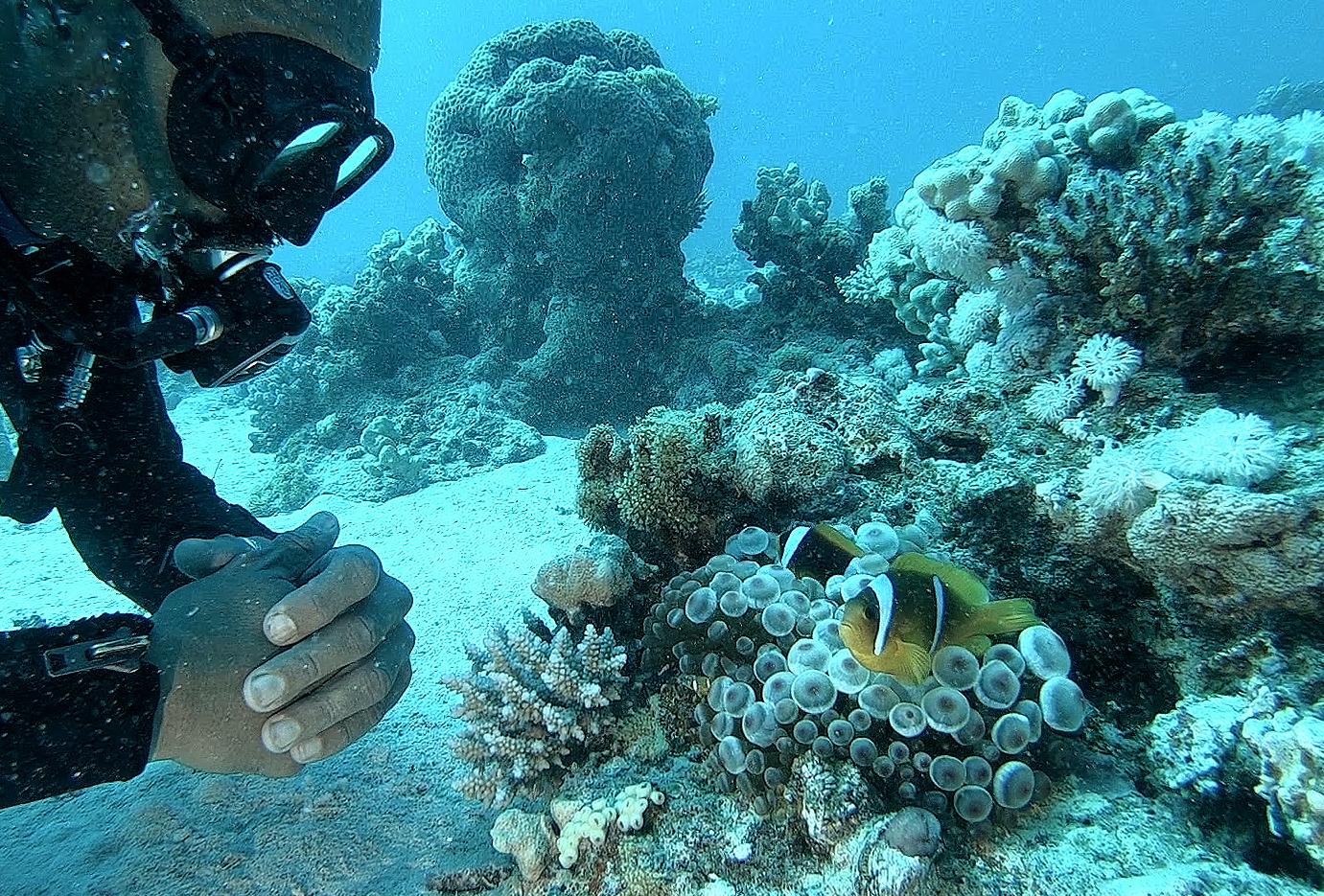
The waters around Somabay are well protected and hold a rich variety of marine life. The reef edges are thriving colonies of coral and shoaling fish, while nearer the sea bed plenty of wildlife is still to be found.
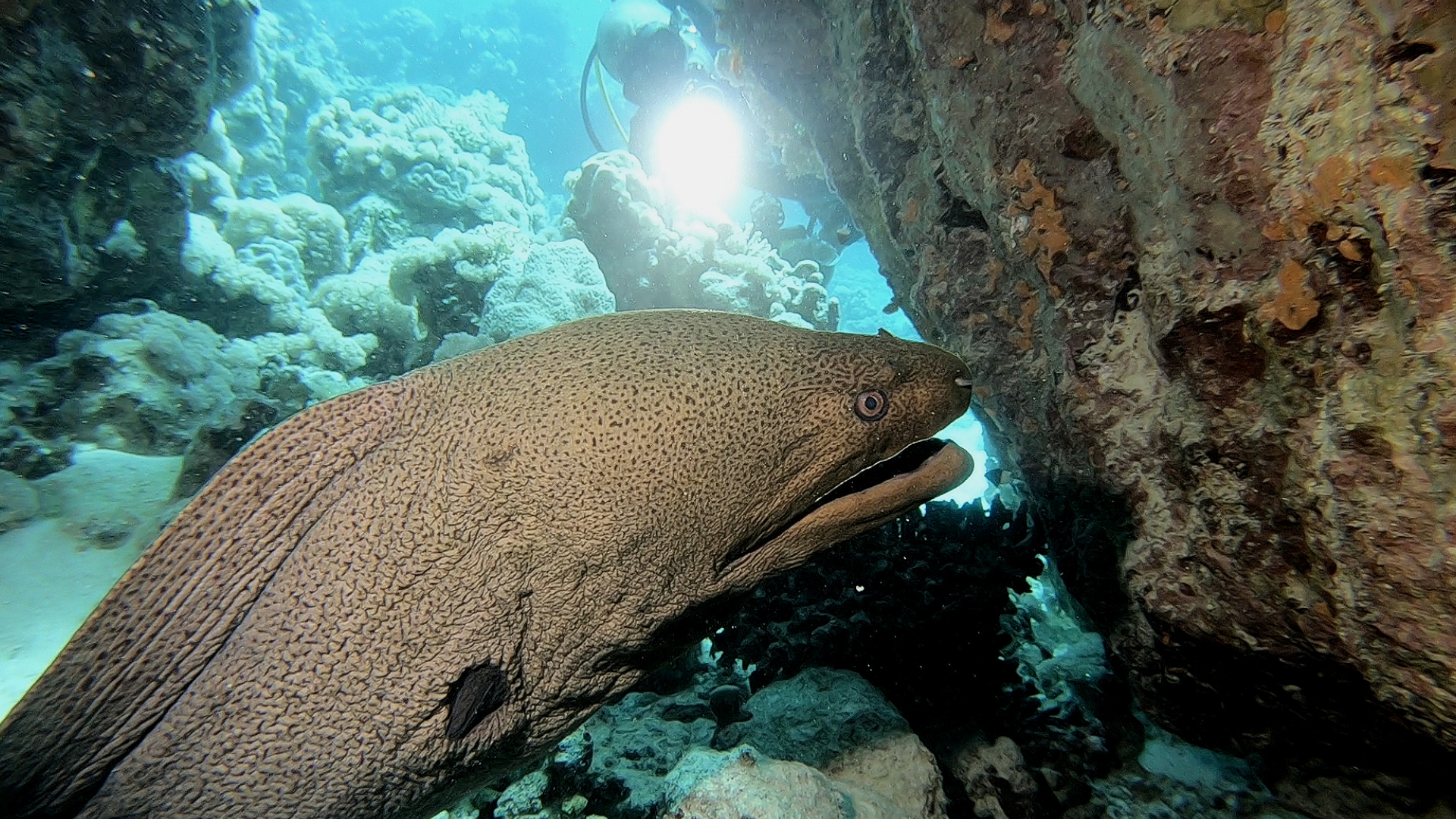
Then we located the turtles. They are very used to divers and so show little concern when slowly approached. In fact occasionally one will come over to see what you are doing. There is always huge excitement when diving with a turtle. The shear thrill of sharing a moment with another species.
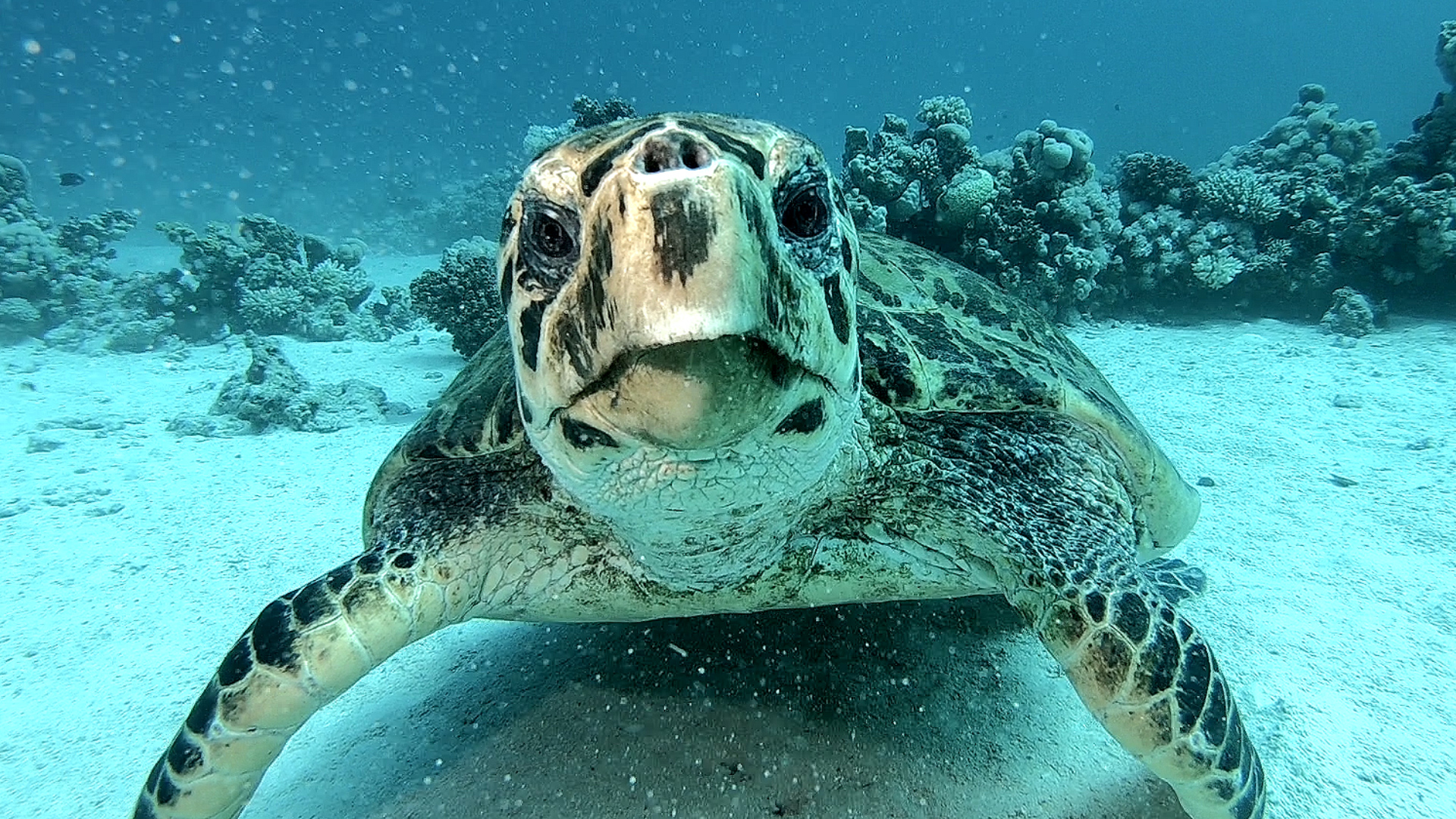
What a fantastic way to finish a wonderful few days diving and I would like to thank SOMABAY, ORCA DIVING and THE BREAKERS for making my stay such a good one.
I had a great time, with diving everyday either on the house reef or on one of the offshore reefs by inflatable or larger day boat. Orca diving provided high quality equipment and facilities while the staff were all very friendly and welcoming. The Breakers was right on the coast with nice rooms, good food and once again friendly staff making the whole trip a real pleasure.
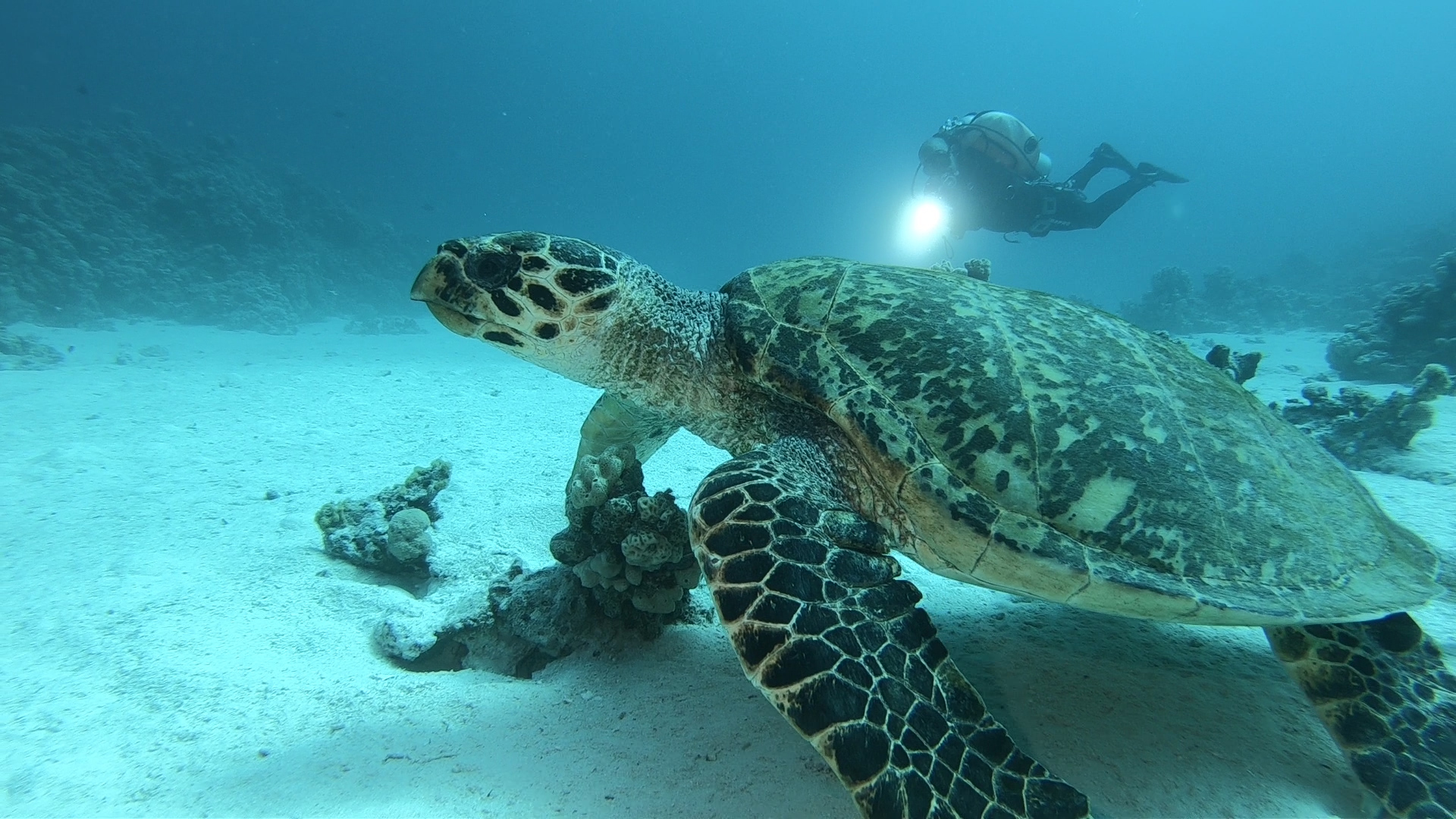
Soma Bay covers an entire peninsula and is home to several resorts as well as residential compounds.
As well as scuba diving, Somabay caters for many other sports and activities, and so is perfect for families as well as individuals and/or groups. And of course there is always time to lay peacefully on the beach under the Egyptian sun.
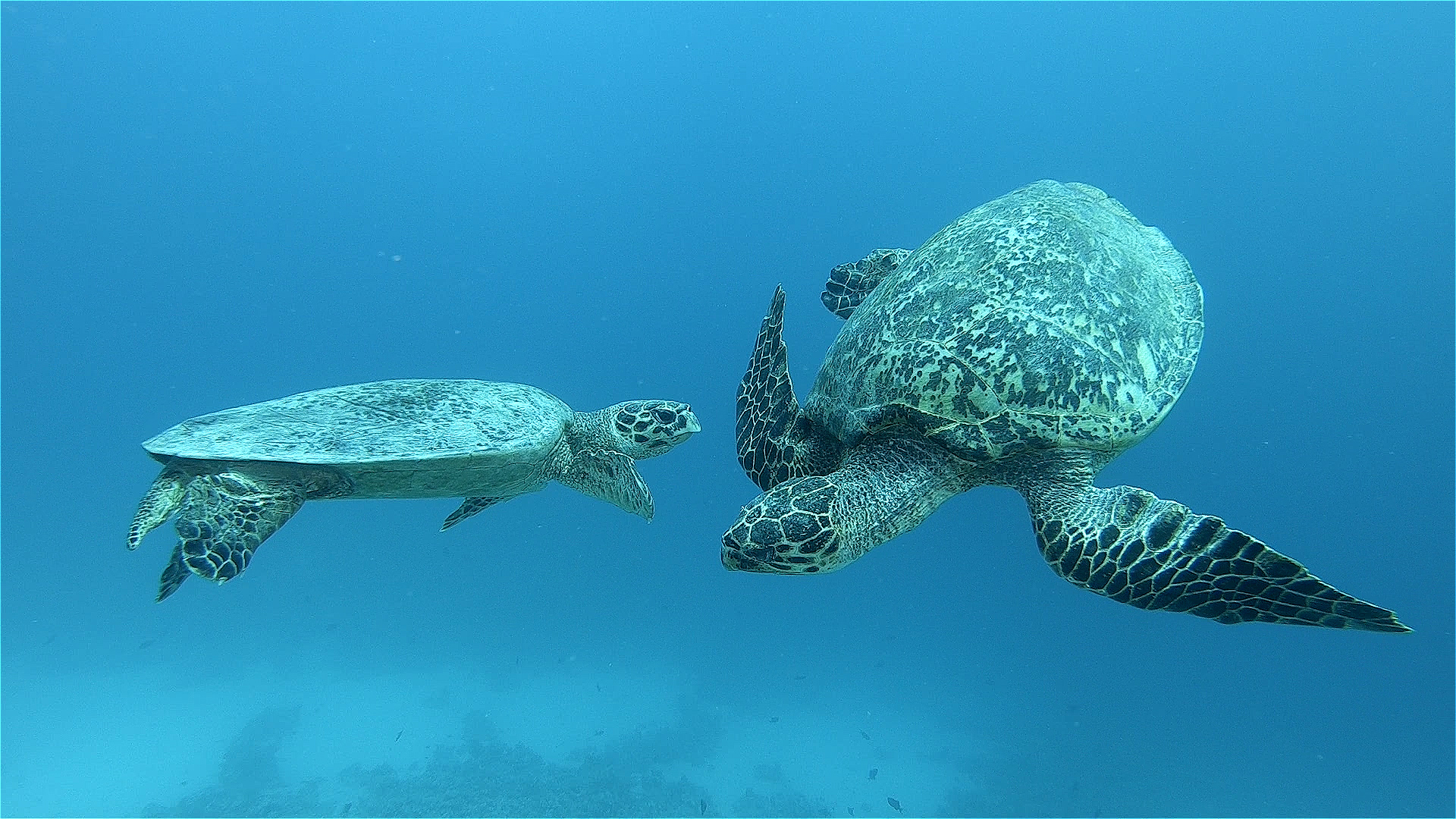
Book your next Red Sea dive adventure with SOMABAY! For more information, visit www.somabay.com.
Stay at the Breakers Diving & Surfing Lodge when you visit! For more information, visit www.thebreakers-somabay.com.
Find out more about ORCA Dive Clubs at SOMABAY at www.orca-diveclubs.com/en/soma-bay-en.
Blogs
TRAVEL BLOG: Jeff Goodman Dives SOMABAY, Part 2
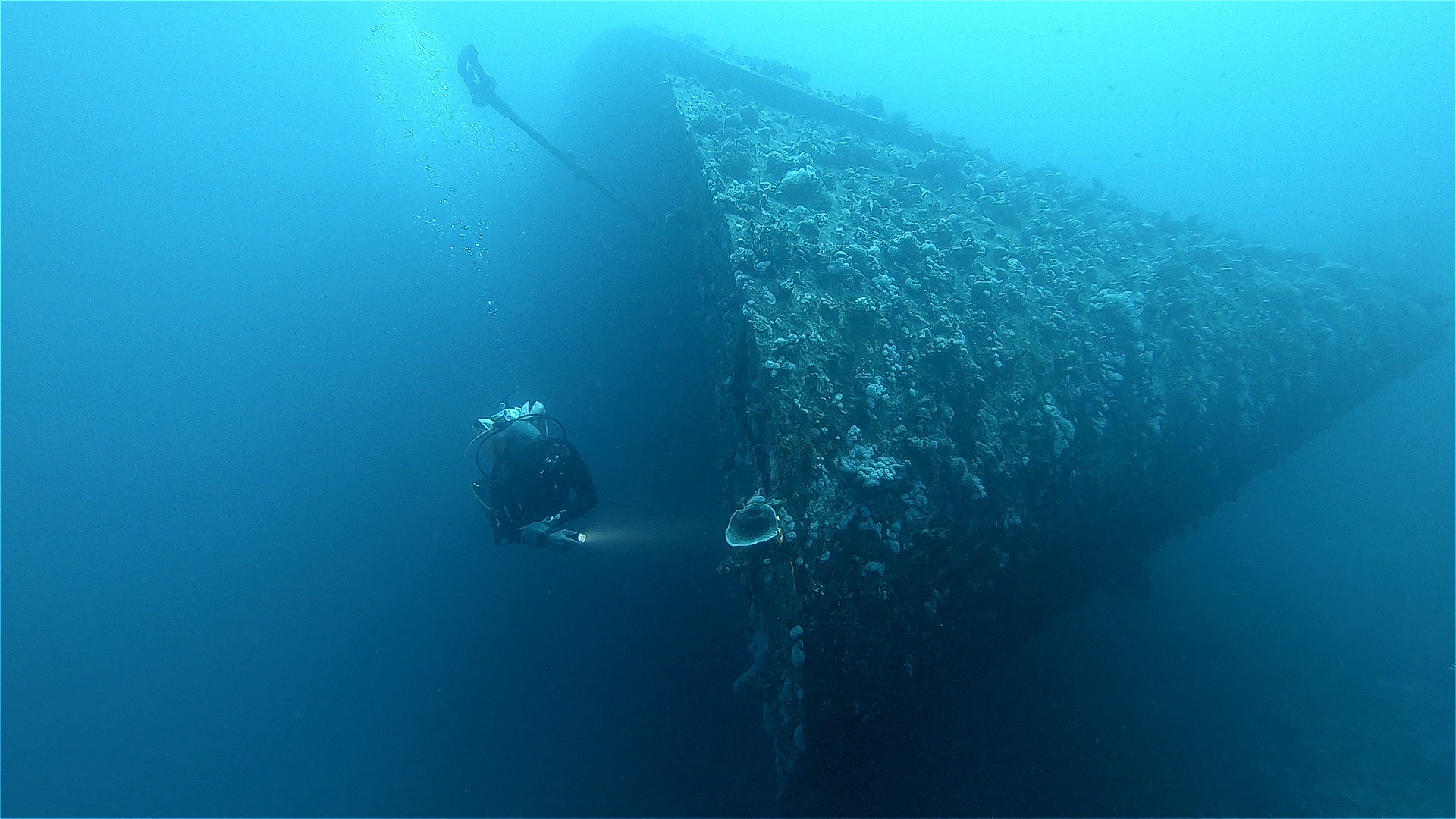
Day three of my trip to Somabay and we were spending the day on the Lady Christina and diving on the wreck of the Salem Express.
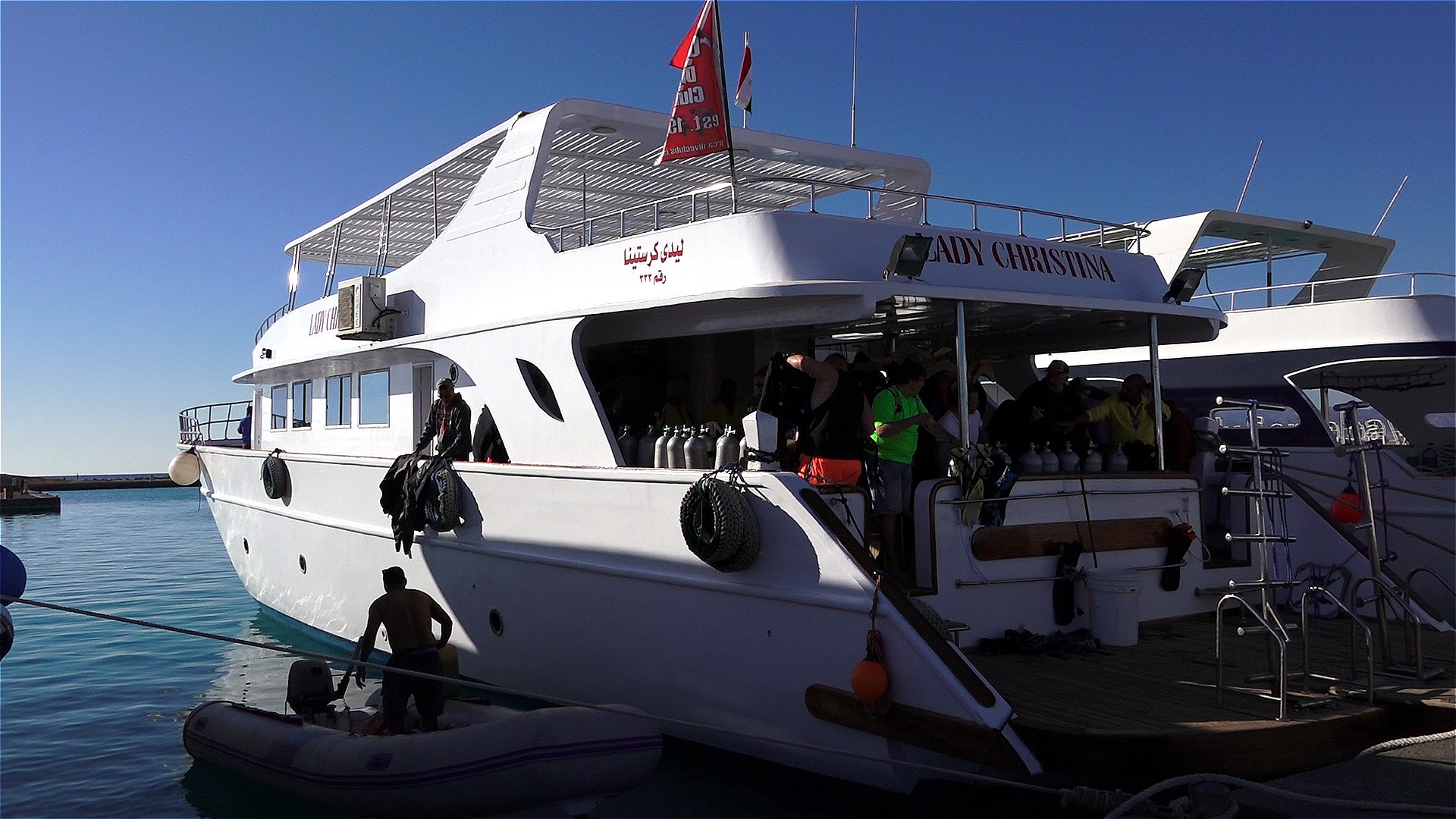
Diving wrecks for me is always one of mixed emotions. The excitement of diving a wreck is more than often tempered by the thought of loss of life when she sank. The Salem Express was a passenger ship and a roll-on/roll-off ferry travelling from Jeddah, Saudi Arabia to Safaga, Egypt. Most passengers were of poor class travelling home from their holidays while around 150 people were returning home from their pilgrimage to Mecca.

The ship struck a reef and sank within 20 minutes. Passengers were trapped below deck and the ship was filled with fear and panic.
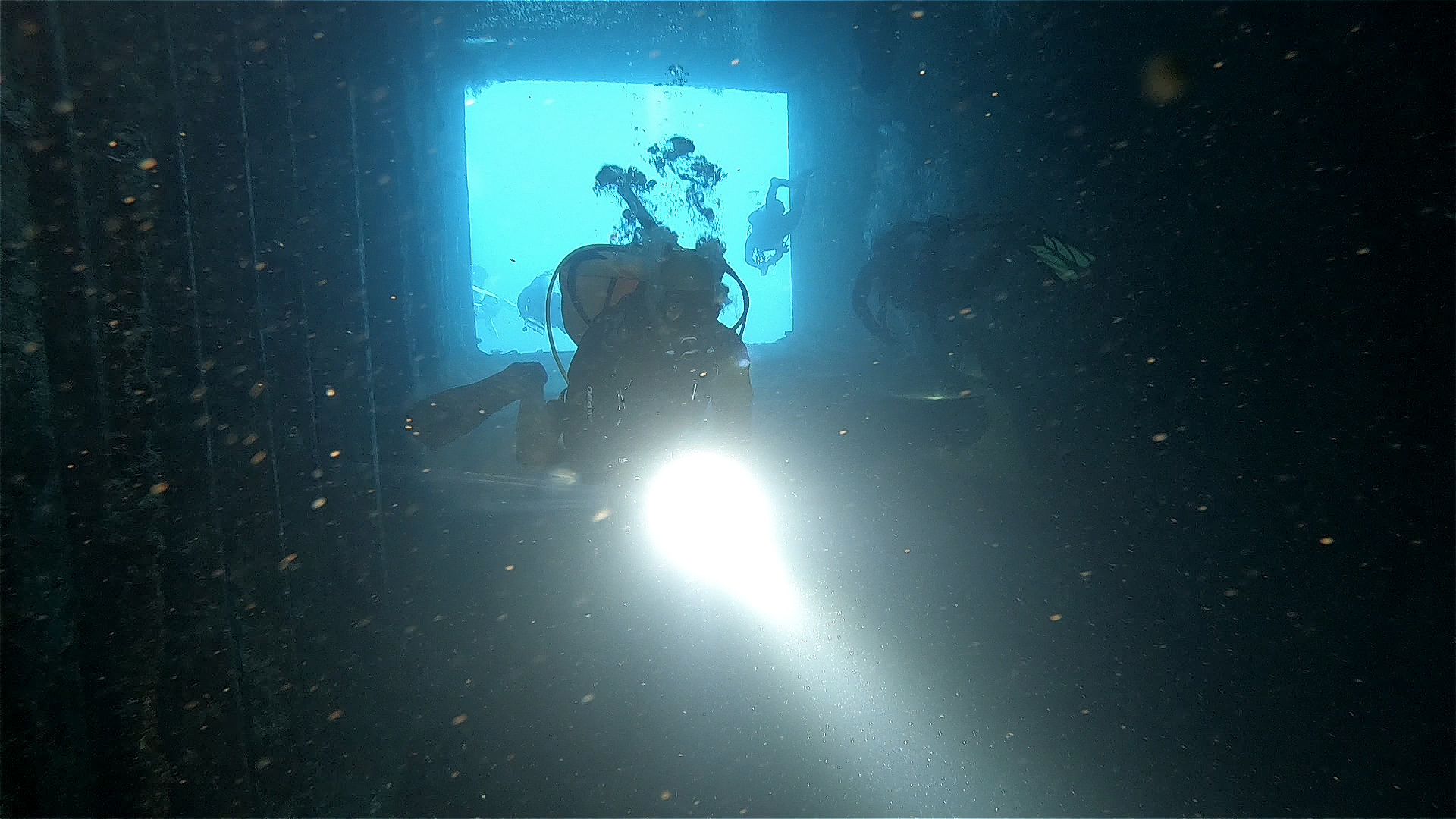
The wreck area is strewn with personal belongings from the crew and passengers such as a transistor radio and a flat iron for clothes. A diver at sometime has put them in a prominent place to be seen.

Tragically only one life boat was launched while the others went down with the ship. More than 600 men, women and children lost their lives here.
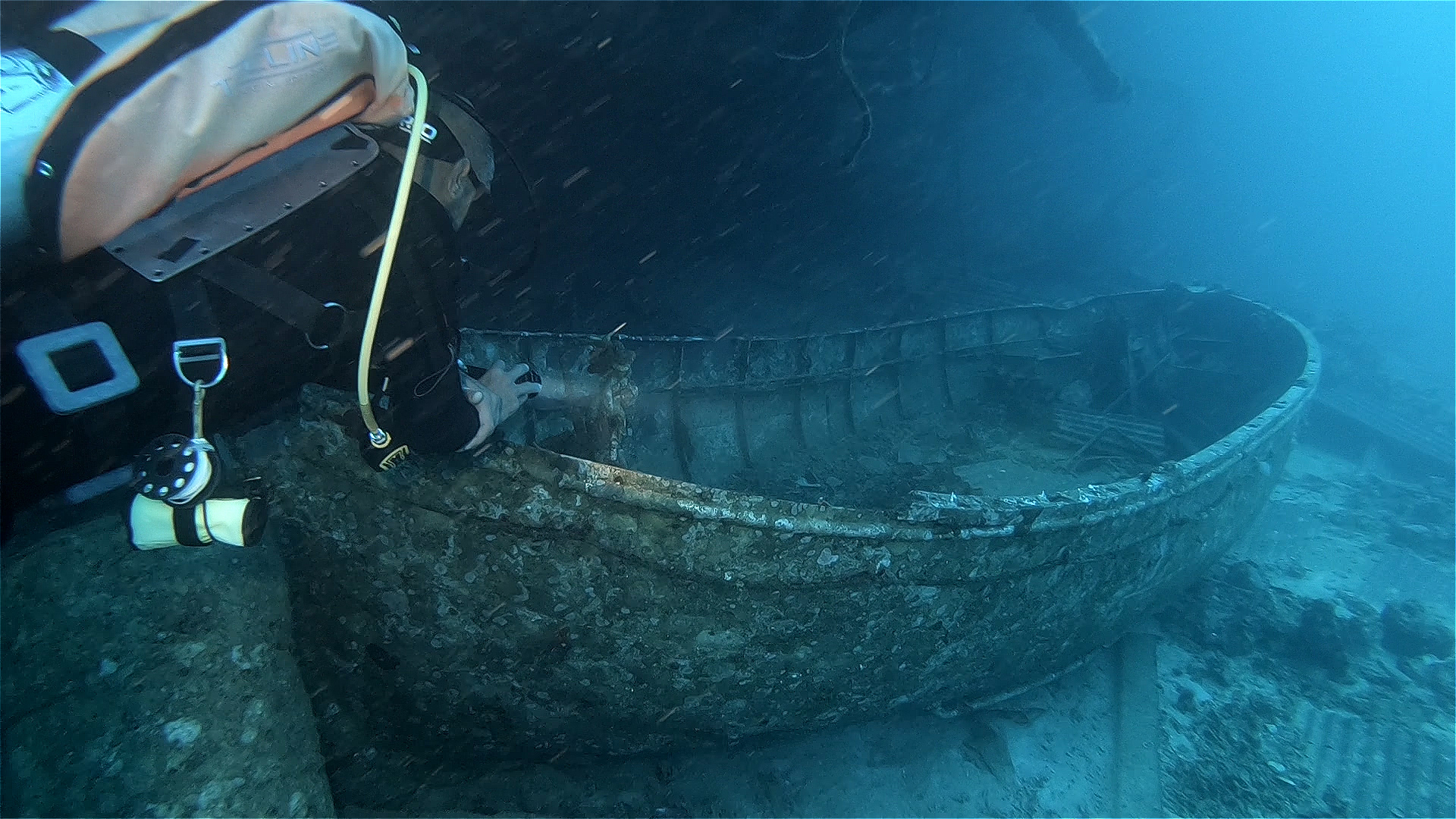
It’s a stark reminder that the sea can be unforgiving and so when we dive on such wrecks we should do so with humble regard.
Returning to the surface, shoals of fish are gathered under our boat and seem to be welcoming us back into the light.
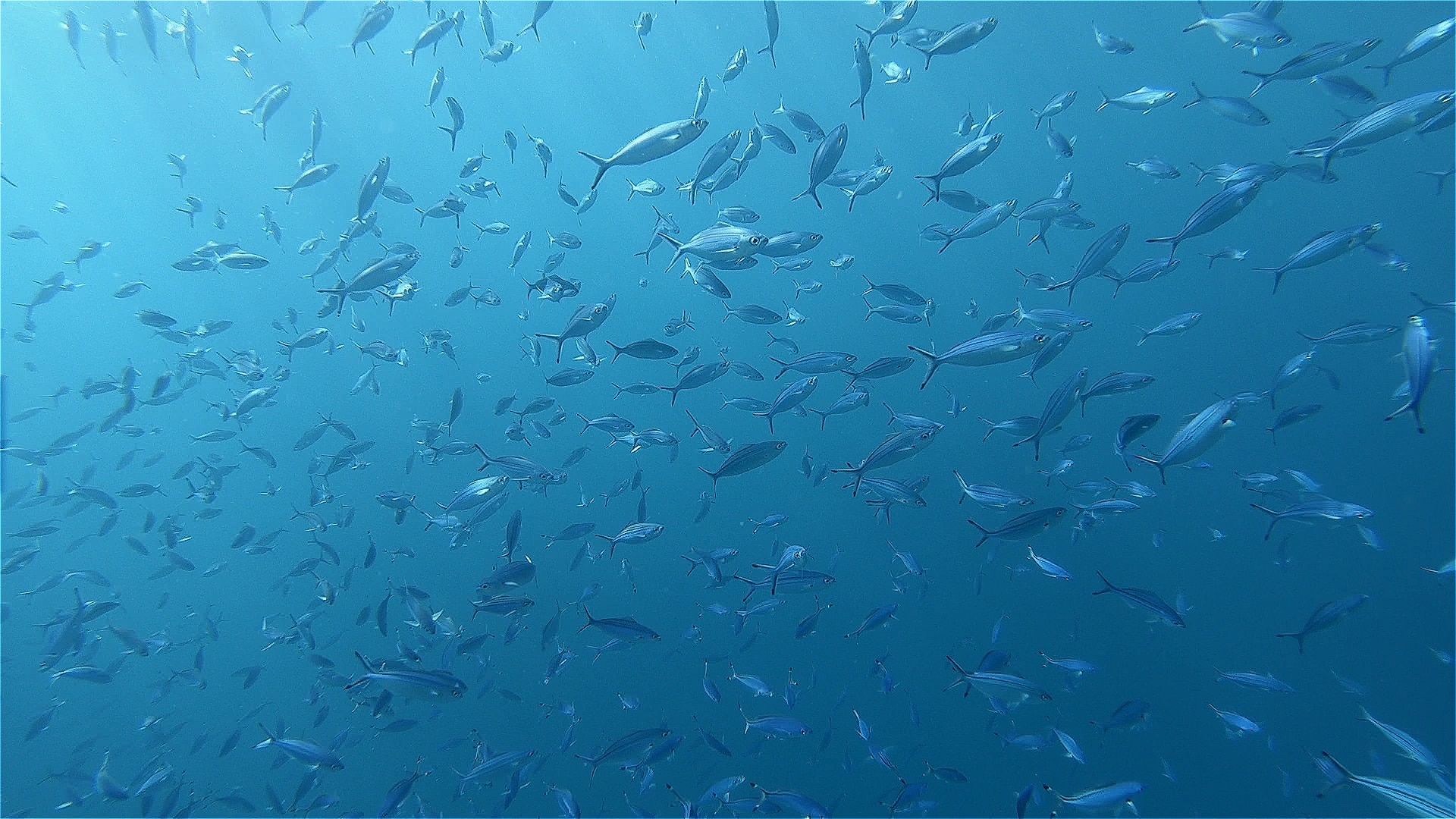
Back at the Breakers I sat in the dining area with a beer and a very good meal while my thoughts still remained with the day’s dive on the Salem Express.
Check in for part 3 tomorrow for Jeff’s last day of diving with Somabay on the off-shore reefs looking for turtles.
Book your next Red Sea dive adventure with SOMABAY! For more information, visit www.somabay.com.
Stay at the Breakers Diving & Surfing Lodge when you visit! For more information, visit www.thebreakers-somabay.com.
Find out more about ORCA Dive Clubs at SOMABAY at www.orca-diveclubs.com/en/soma-bay-en.
-

 News3 months ago
News3 months agoHone your underwater photography skills with Alphamarine Photography at Red Sea Diving Safari in March
-

 News2 months ago
News2 months agoCapturing Critters in Lembeh Underwater Photography Workshop 2024: Event Roundup
-

 Marine Life & Conservation Blogs2 months ago
Marine Life & Conservation Blogs2 months agoCreature Feature: Swell Sharks
-

 Blogs1 month ago
Blogs1 month agoMurex Resorts: Passport to Paradise!
-

 Blogs2 months ago
Blogs2 months agoDiver Discovering Whale Skeletons Beneath Ice Judged World’s Best Underwater Photograph
-

 Gear News3 months ago
Gear News3 months agoBare X-Mission Drysuit: Ideal for Both Technical and Recreational Divers
-

 Gear Reviews2 months ago
Gear Reviews2 months agoGear Review: Oceanic+ Dive Housing for iPhone
-
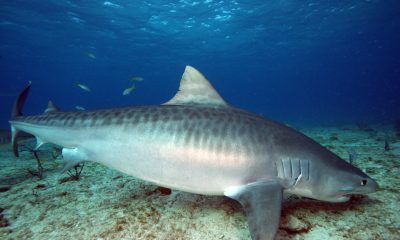
 Blogs3 months ago
Blogs3 months agoThe Thrilling Encounter with Tiger Sharks at Beqa Lagoon’s ‘The Colosseum’ with Coral Coast Divers





